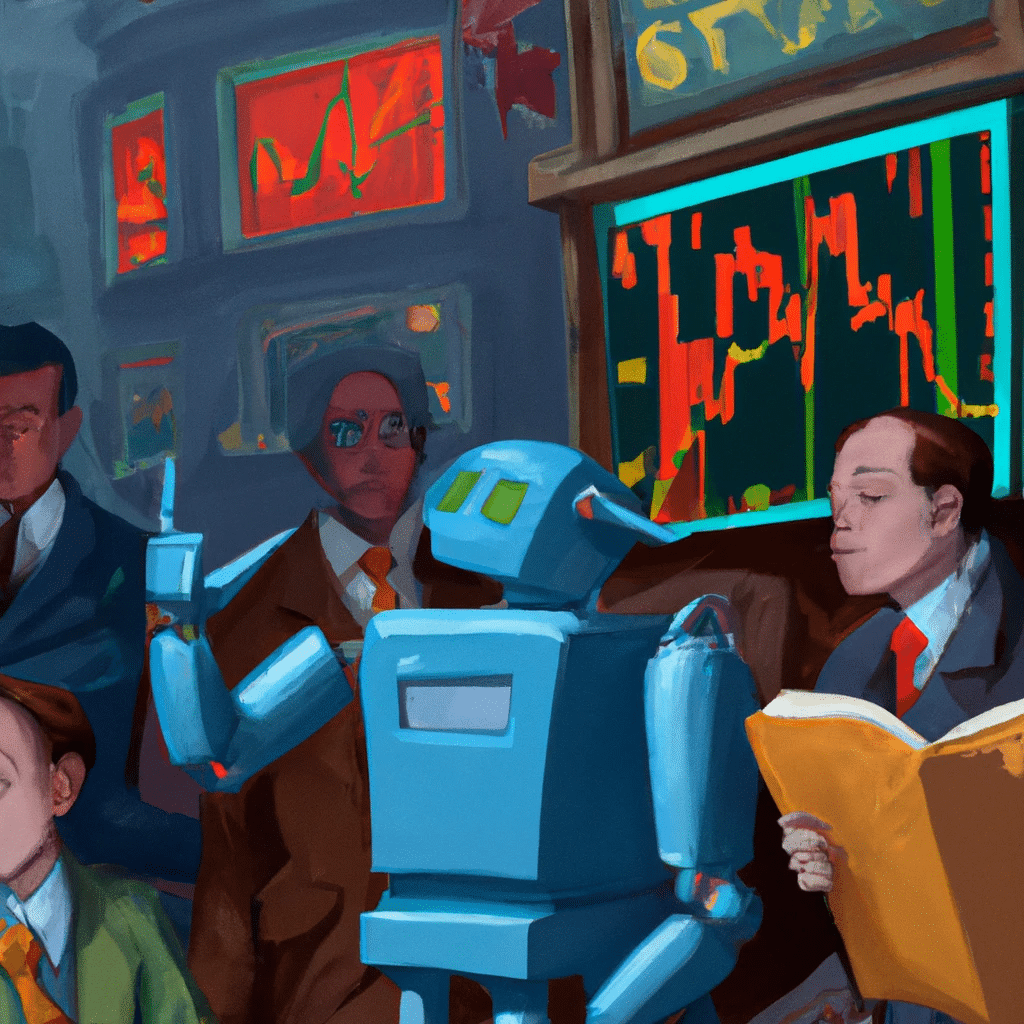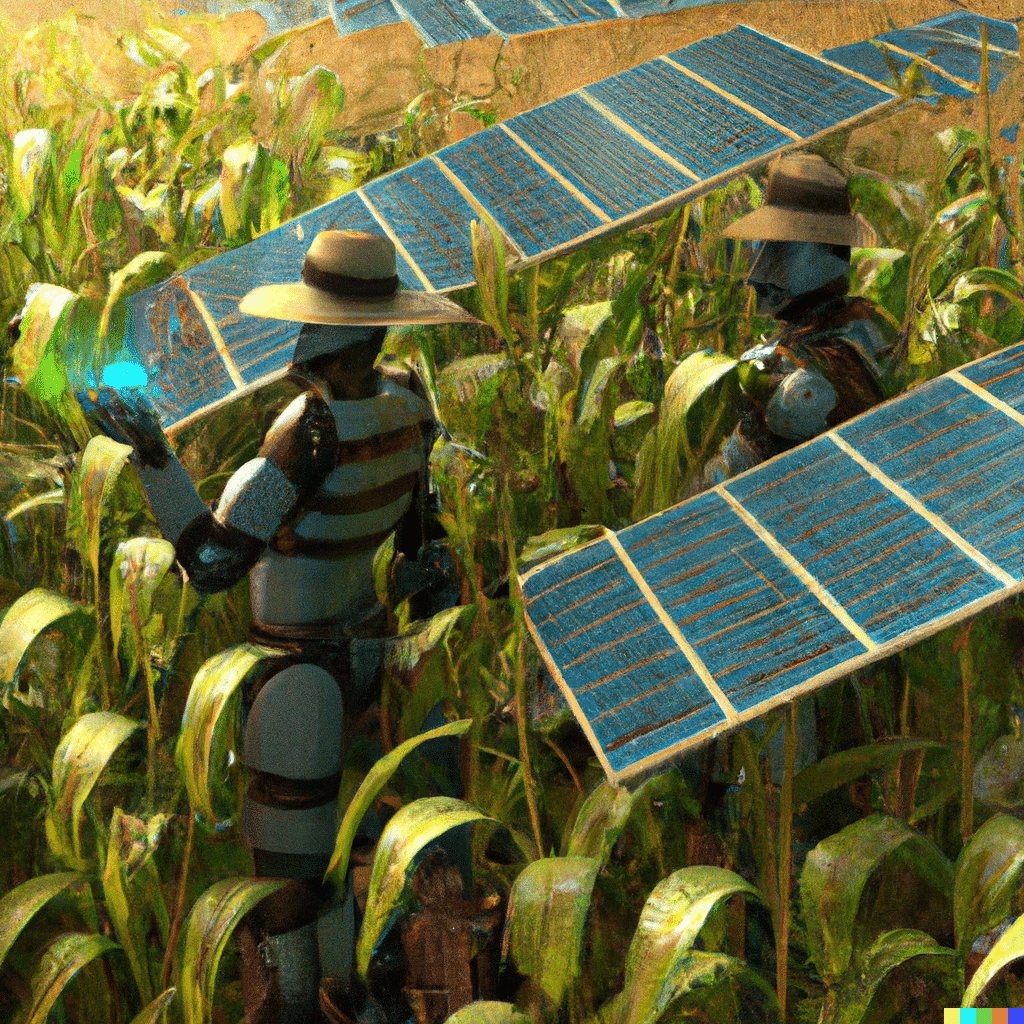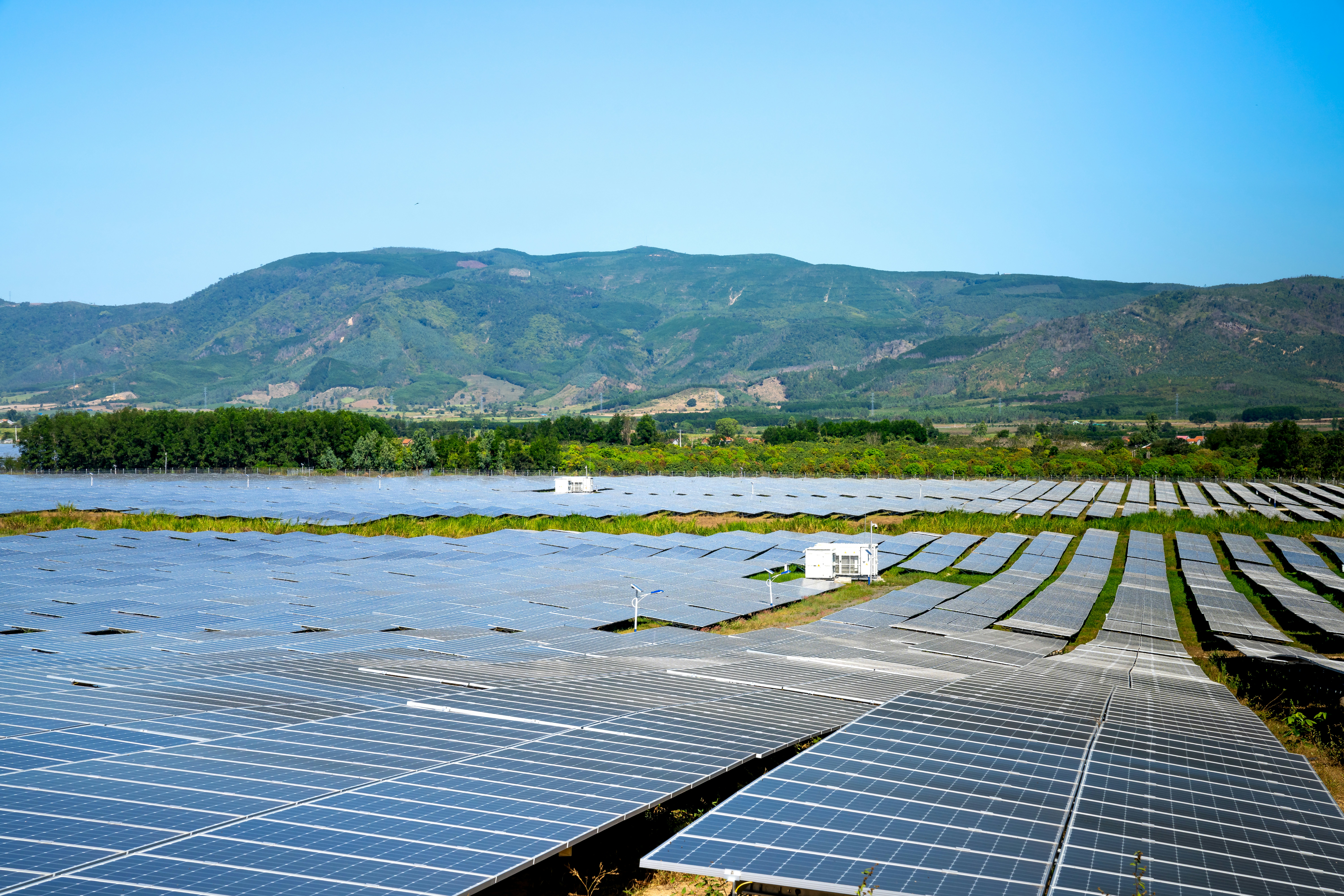POSTED
March 9, 2023
3 Ways ChatGPT will transform solar investing and jobs
Solar investing has been gaining popularity in recent years, and it’s no wonder why. Solar energy is a clean, renewable source of energy that reduces greenhouse gas emissions and helps combat climate change. However, investing in solar projects can be complex and requires significant expertise. That’s where ChatGPT comes in. As a large language model trained […]

Solar investing has been gaining popularity in recent years, and it’s no wonder why. Solar energy is a clean, renewable source of energy that reduces greenhouse gas emissions and helps combat climate change. However, investing in solar projects can be complex and requires significant expertise. That’s where ChatGPT comes in. As a large language model trained by OpenAI, ChatGPT can potentially transform solar investing in many ways.
This blog post will explore three significant ways ChatGPT could impact solar investing.
ChatGPT will make solar investment analysis cheaper.
One of the most significant ways ChatGPT will impact solar investing is by making investment analysis cheaper. Currently, investment analysis requires considerable expertise and is often time-consuming and expensive.

Investment analysts must research various factors, including solar panel technology, government incentives, and market trends. This analysis is essential for investors to decide which solar projects to invest in.
However, with ChatGPT, investment analysis could become much cheaper. ChatGPT can quickly analyze vast amounts of data, including articles, reports, and other information, to provide investors with valuable insights. Investment analysts may no longer be necessary, as ChatGPT can do the job faster, cheaper, and more accurately.
While this is undoubtedly good news for investors, it could have significant implications for investment analysts worldwide. Investment analysis is a highly specialized field that requires significant expertise and training. If ChatGPT becomes widespread in the investing industry, it could mean that many investment analyst jobs are at risk.

However, it’s worth noting that ChatGPT is not designed to replace investment analysts entirely. Instead, it could augment their work, making investment analysis faster, more efficient, and less costly.
ChatGPT may be less biased in analyzing solar investments and, therefore, better.
One of the most significant challenges in investment analysis is avoiding bias.

Investment analysts are humans, and as such, they are susceptible to unconscious biases that can affect their analysis. For example, an investment analyst may be biased against a particular solar technology, which could lead them to overlook its investment potential. This is where ChatGPT could be invaluable.
ChatGPT is not susceptible to the same biases as a machine learning model as humans. As a result, it can analyze data objectively and without prejudice. ChatGPT could be more accurate in its investment analysis than human investment analysts, who are prone to unconscious bias.
Of course, it’s worth noting that ChatGPT is only as unbiased as the data it is trained on. If the data is biased, then ChatGPT may also be biased. However, this problem can be addressed through careful data curation and model training.
Overall, ChatGPT’s lack of bias could ultimately make it a better investment analyst than humans. By providing objective, data-driven insights, ChatGPT could help investors make more informed decisions about which solar projects to invest in.
AI generally, including ChatGPT, will make the solar project origination and operation of solar assets and funds more streamlined and profitable.
Another way that AI and ChatGPT will impact solar investing is by making solar project origination and operation of solar assets and funds more streamlined.

Currently, solar project origination and operation are complex and time-consuming processes that require significant expertise. AI, including ChatGPT, can automate many of the tasks, making them faster, more efficient, and more profitable.
For example, specialized AIs could identify potential solar project sites based on a wide range of factors, including local regulations, environmental impact, and market demand. This technology is already permeating much of the development process.
AIs could also be used to analyze the financial viability of solar projects, considering factors such as construction costs, maintenance costs, and expected revenue. This could help investors make more informed decisions about which projects to invest in and could ultimately lead to more successful solar projects.
AI, including ChatGPT, is already being used to monitor the performance of solar assets and to optimize solar project management. For example, these AIs can analyze data from sensors and other sources to identify potential issues with solar assets, such as malfunctioning panels or suboptimal energy production.
This could help operators of solar assets to identify and address issues more quickly, leading to more efficient operations and higher profits.
In addition, ChatGPT or other AIs could automate many administrative tasks associated with solar asset and fund management, such as contract management and regulatory compliance.
This could free human operators to focus on more strategic tasks, leading to more effective management and higher profits.
Overall, AI, including ChatGPT, has the potential to transform solar investing by streamlining processes and making them more profitable.
As solar energy continues to grow in popularity, we expect AI to play an increasingly important role in solar investment analysis, project origination, and asset management.
ChatGPT has the potential to transform solar investing in many ways, from making investment analysis cheaper and more objective to streamlining project origination and asset management.
While there are potential risks associated with the increased use of AI in solar investing, such as the risk of job displacement for people within the solar industry, the benefits are clear. With the help of ChatGPT and other AI tools, we can expect to see more successful solar projects, more efficient asset management, and, ultimately, a brighter future for renewable energy.
This post was generated by ChatGPT, DALL·E 2, and edited by Max Roe.





